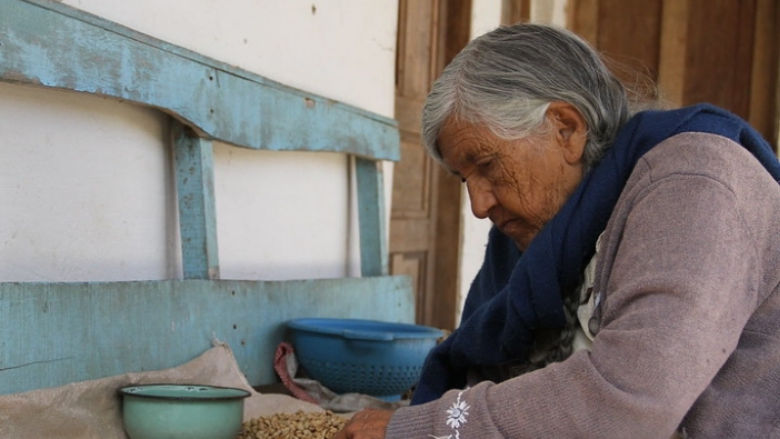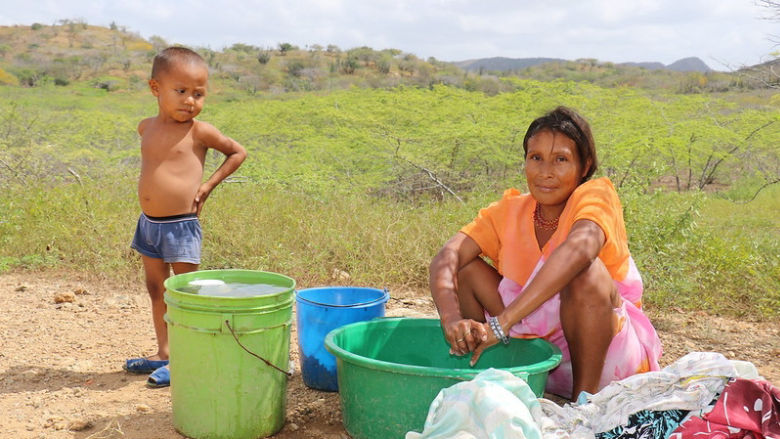Colombia’s presidential elections in June 2022 resulted in a victory for Gustavo Petro of the leftist coalition Pacto Historico. The Petro administration's main priorities are consolidating peace, social justice, environmental justice, and change for women.
Colombia’s solid macroeconomic institutional setting, grounded on a rules-based fiscal framework, a flexible exchange rate, and a modern inflation-targeting regime, has been the cornerstone of its macroeconomic stability. Yet, the pace of economic growth has been slowing. Colombia has significant potential to enhance its contribution to GDP growth by increasing productivity and further diversifying and expanding its exports. Addressing infrastructure gaps, improving educational outcomes, and strengthening institutions are crucial steps to further boosting the country's economic development.
Macroeconomic imbalances that surfaced during a strong post-pandemic economic recovery are correcting rapidly, with declining inflation and fiscal and external deficits. The economy expanded 0.6% in 2023, as the needed un-winding of stimulus policies and heightened policy uncertainty affected fixed investment. The poverty rate is estimated to have remained stagnant in 2023, as labor markets showed limited improvements. The economy is projected to expand 1.3 percent in 2024.
Colombia is a country of large social and territorial inequalities. To reduce poverty and promote prosperity across the country, it's crucial to increase productivity and reinvigorate regional convergence, improve the social security system, create more efficient and inclusive labor markets, and strengthen the intergovernmental fiscal transfer system to enhance the accessibility to and quality of public services across the country.
Colombia is also particularly vulnerable to the effects of climate change. On the one hand, climate shocks affect livelihoods and assets across the territory, undermining welfare improvements. On the other, Colombia is exposed to the reduction in fossil fuel demand as the world decarbonizes. Reaching the country’s ambitious climate targets could help reduce vulnerabilities and promote a more diversified economic structure in the long run.
These multiple challenges would need to be addressed in a fiscally responsible way, which remains a key precondition for Colombia to advance its development goals.
Last Updated: Apr 03, 2024






